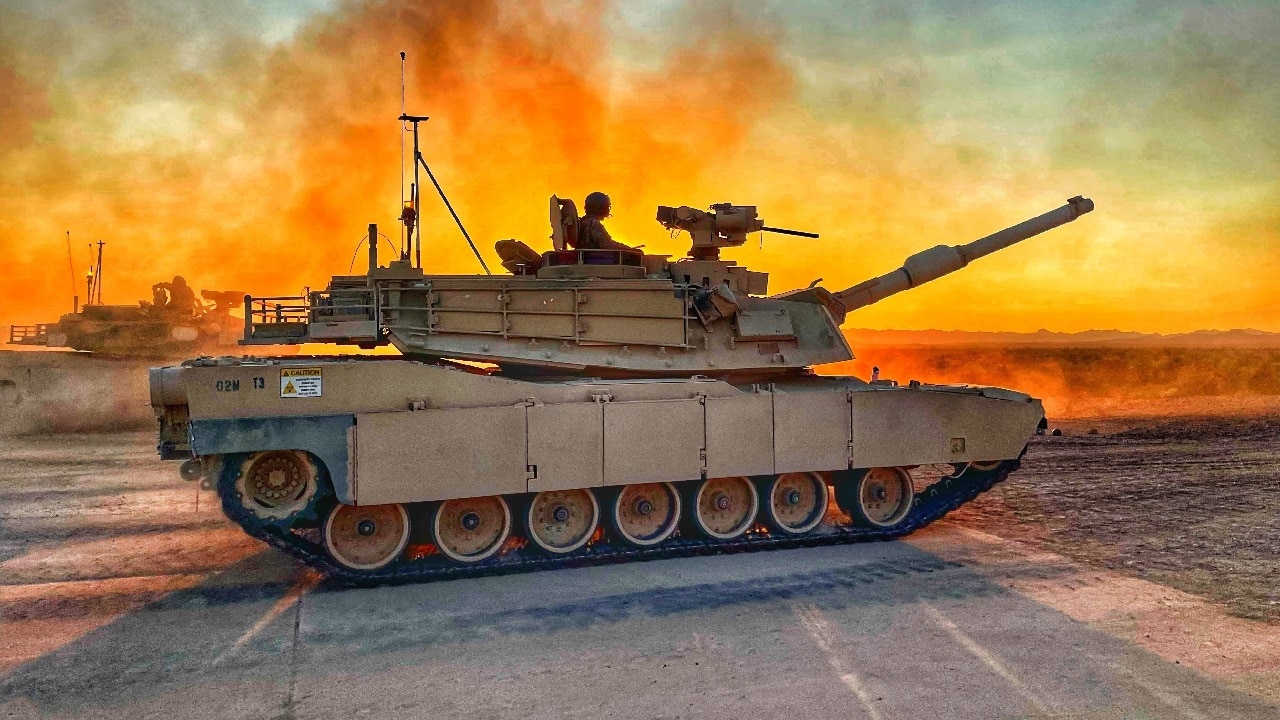Putin Already Believes He’s Engaged in a War with the West – Mikhail Khodorkovsky, the exiled former head of Yukos Oil Co., said in an interview in Washington, D.C., this week that Russian President Vladimir Putin already believes that he is engaged in a war with Western countries – despite NATO forces going to great lengths to avoid officially declaring war against Russia.
“Putin has said from the very beginning that this war includes them,” Khodorkovsky said about NATO forces, adding that the Russian President believes NATO is “weak” and that they will not defend the Baltic region.
He also claimed that Putin believes that, in time, NATO will collapse and that American influence over the globe will decrease.
The former Russian oligarch is in D.C. where he was met with several government officials, including the United States Under Secretary of State Victoria Nuland to discuss the ongoing war in Ukraine and the West’s response to it. Khodorkovsky also met with the National Security Council on Tuesday, but the White House has refused to comment on discussions that took place.
His comments are significant as, while he hasn’t met with Putin in 18 years, he did spend years in prison after being accused of money laundering and tax evasion – accusations that he said were retribution for his support for anti-Putin political parties. Khodorkovsky was freed in 2013 and moved to London, England.
Previous Indicators Show Putin’s View of Western Sanctions
The Kremlin has already made Putin’s feelings known about Western sanctions on Russia, labelling the measures against his country an “economic war.”
In March, Kremlin spokesman Dmitry Peskov issued a stark warning to the West that Russia considers economic sanctions against the country to be an act of war – even though NATO forces have so far refrained from deploying troops to Ukraine or Russia.
“You see the bacchanalia, the hostile bacchanalia, which the West has sown – and that, of course, makes the situation very difficult and forces us to think seriously,” Peskov said. “We see that the situation on energy markets is developing rather turbulently – and we don’t know how far that turbulence will go.”
“The United States definitely has declared economic war against Russia and is waging this war,” he continued.
On the Edge of World War Three?
The Kremlin also revealed in March that the Russian army would deploy tactical nuclear weapons if it recognized an “existential threat” to the Russian Federation.
While Peskov backtracked those comments slightly only days later, saying that the idea of an “existential threat” is separate from the issue of the Russian invasion of Ukraine, some Russia experts believe that Russian President Vladimir Putin would consider using the weapons.
“Every time you think, ’No, he wouldn’t, would he?’ Well, yes, he would,” Russia expert Fiona Hill told Politico. “And he wants us to know that, of course. It’s not that we should be intimidated and scared…. We have to prepare for those contingencies and figure out what is it that we’re going to do to head them off.”
Jack Buckby is a British author, counter-extremism researcher, and journalist based in New York. Reporting on the U.K., Europe, and the U.S., he works to analyze and understand left-wing and right-wing radicalization, and reports on Western governments’ approaches to the pressing issues of today. His books and research papers explore these themes and propose pragmatic solutions to our increasingly polarized society.

